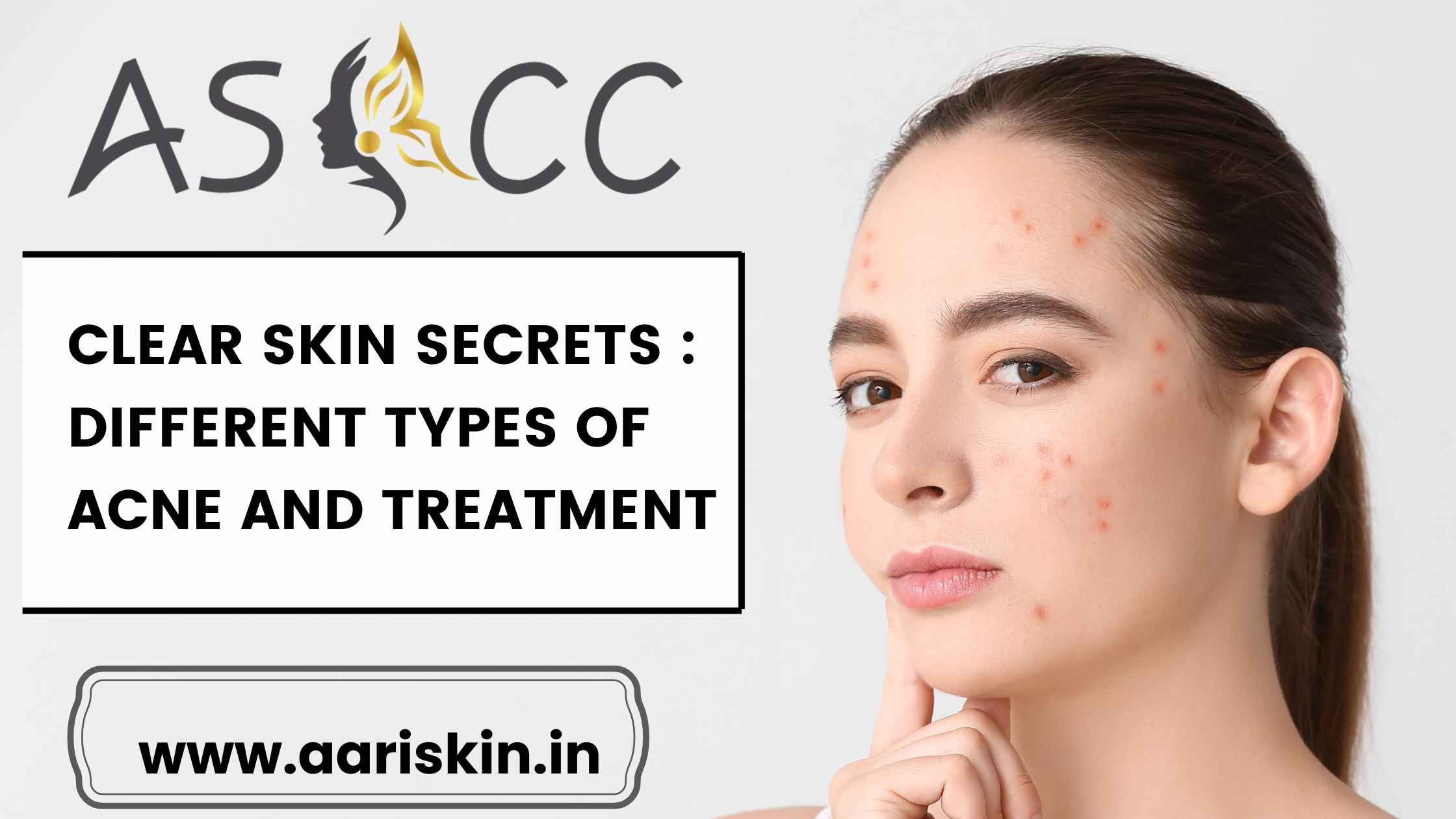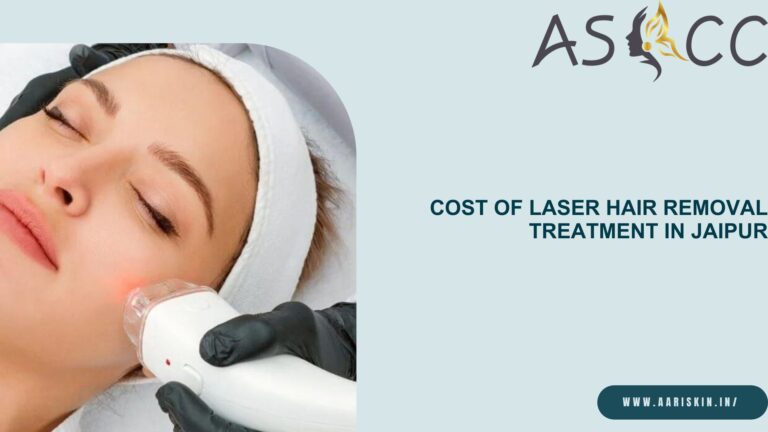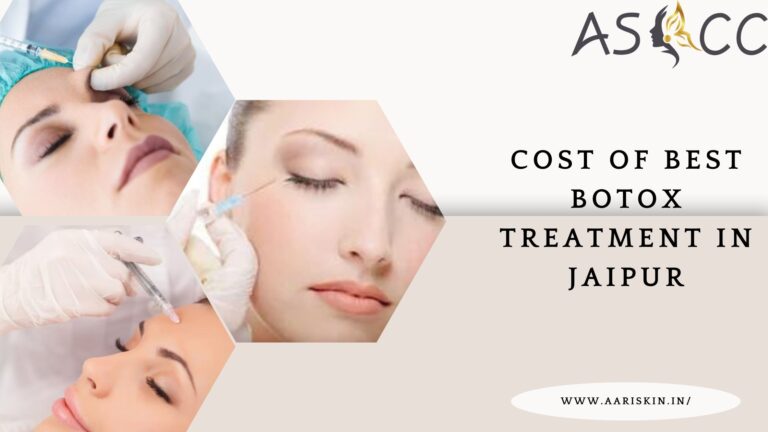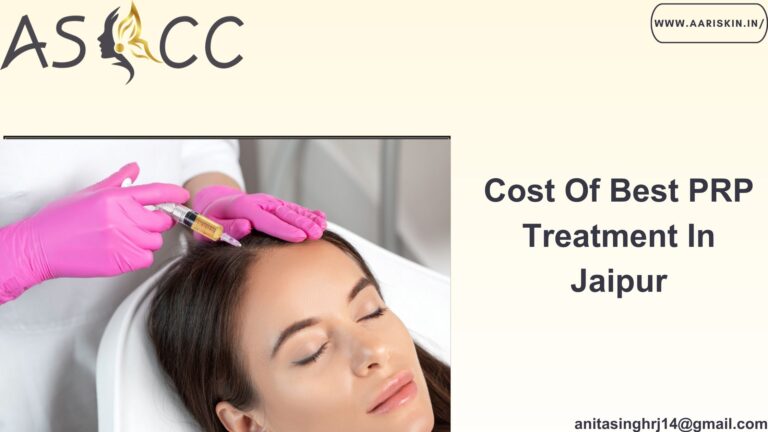Clear Skin Secrets : Different Types of Acne and Treatment
Acne is a common skin condition that can cause a lot of stress, especially in your teenage years and early adulthood. But did you know that not all acne is the same? Understanding the different types and their treatments can help you manage this condition more effectively. In this blog post, we’ll explore the various types of acne, what causes them, and how you can treat them. Whether you’re dealing with pesky pimples or more severe cystic acne, we’ve got you covered with insights and practical tips to keep your skin clear and healthy.
The Basics of Acne
Acne occurs when your pores become clogged with oil, dead skin cells, and bacteria. This creates an environment where pimples, blackheads, and other types of spots can form. While it’s most commonly seen on the face, acne can also appear on the back, chest, shoulders, and neck. It’s not just a cosmetic problem; it can affect your self-esteem and confidence.
Acne can start as early as puberty and continue into adulthood. Hormones play a significant role in its development, which is why teenagers are particularly prone to breakouts. However, adults can experience acne too, and it can persist into the 30s and beyond for some. Understanding the root causes and types of acne is the first step toward finding a treatment that works for you.
There are many myths surrounding acne, such as the belief that it’s caused by poor hygiene or eating chocolate. In reality, acne is a complex condition influenced by various factors, including genetics, hormones, and lifestyle. By learning more about the different types of acne, you can tailor your skincare routine to better address your specific needs.
Understanding Different Types of Acne
Exploring Fungal Acne
Fungal acne is often mistaken for regular acne, but it’s caused by an overgrowth of yeast rather than bacteria. This type of acne usually appears as itchy, uniform-sized bumps that can become red and inflamed. It often shows up on the chest, back, and shoulders, where sweat and moisture can create a breeding ground for yeast.
Treating fungal acne requires a different approach than bacterial acne. Antifungal treatments, both topical and oral, are often necessary to clear the skin. Over-the-counter antifungal creams can be effective, but persistent cases might require a prescription. It’s important to keep the affected area clean and dry to prevent further outbreaks.
Avoiding tight clothing and using gentle, non-comedogenic products can help manage fungal acne. Look for shampoos or body washes containing ketoconazole or selenium sulfide if the condition is affecting your scalp or body. With the right treatment plan, fungal acne can be controlled and even eliminated.
Tackling Cystic Acne
Cystic acne is one of the most severe forms of acne. It’s characterized by deep, painful cysts beneath the skin’s surface. These cysts are often red and swollen and can take weeks to heal, sometimes leaving scars. Cystic acne is most common on the face and can be triggered by hormonal fluctuations, stress, and genetics.
Treating cystic acne often requires the help of a dermatologist in Jaipur. Prescription medications like isotretinoin (Accutane) are powerful options that can reduce cyst formation and prevent scarring. Other treatments may include oral antibiotics, hormonal treatments like birth control pills, or cortisone injections.
It’s crucial not to pick or squeeze cystic acne, as this can lead to further inflammation and scarring. A consistent skincare routine with gentle cleansers and products containing benzoyl peroxide or salicylic acid may help manage outbreaks. Professional guidance is key to effectively treating cystic acne and minimizing its impact on your skin.
Navigating Hormonal Acne
Hormonal acne is linked to fluctuations in your hormone levels, particularly androgens like testosterone. This can increase oil production, leading to clogged pores and breakouts. Hormonal acne often appears along the jawline and chin and can be cyclical, flaring up around menstruation.
The treatment of hormonal acne often includes hormonal therapies such as birth control pills or anti-androgen medications like spironolactone. These can help regulate hormone levels and reduce breakouts. Topical treatments, like retinoids and benzoyl peroxide, can also be effective in managing symptoms.
Lifestyle changes, such as maintaining a balanced diet, reducing stress, and getting enough sleep, can support hormonal balance and improve your skin. It’s important to work with a skin doctor to find the best treatment plan tailored to your specific hormonal needs.
Managing Nodular Acne
Nodular acne is similar to cystic acne but involves hard, painful lumps that are rooted deep within the skin. These nodules can persist for weeks or even months and are resistant to many over-the-counter treatments. They are most commonly found on the face and back.
Treatment for nodular acne often involves prescription-strength medications. Dermatologists may recommend systemic treatments like antibiotics or isotretinoin, which can effectively reduce inflammation and prevent new nodules from forming. In some cases, topical treatments like retinoids can also be beneficial.
For nodular acne, early intervention is crucial to prevent scarring and minimize discomfort. It’s important to avoid picking at nodules and to follow a skincare routine that reduces irritation and supports skin healing.
Who Does Acne Affect?
Acne doesn’t discriminate; it can affect anyone, regardless of age or gender. While it’s most common during adolescence due to hormonal changes, many adults also struggle with acne. Factors like genetics, skin type, and lifestyle play significant roles in determining who experiences acne and how severe it may be.
Certain demographics, such as teenagers and postpartum women, may be more prone to specific types of acne due to hormonal shifts. Understanding who is affected can help tailor prevention and treatment strategies to individual needs.
It’s important to remember that acne is a normal part of life for many and doesn’t define your worth or beauty. Educating yourself and seeking appropriate treatment can help you manage acne effectively and boost your confidence.
Where Can Acne Appear on the Body?
While facial acne is the most common, breakouts can occur on other parts of the body as well. Areas like the back, chest, shoulders, and even the buttocks can develop acne due to excess oil, friction, and trapped sweat. Each area may require different treatment approaches based on the skin’s unique characteristics.
Body acne can be more challenging to treat due to larger skin areas and thicker skin layers. Regular exfoliation, showering after sweating, and wearing breathable fabrics can help manage body acne. Topical treatments like benzoyl peroxide washes can also be effective.
It’s essential to pay attention to hygiene, especially after exercise or activities that cause sweating. Keeping these areas clean and dry can reduce the likelihood of breakouts and help maintain clear skin overall.
Recognizing the Symptoms of Acne
Acne can present in various forms, each with distinct characteristics. The most common symptoms include blackheads, whiteheads, pimples, cysts, and nodules. Blackheads and whiteheads occur when pores become clogged with oil and dead skin cells, while pimples can be red and inflamed.
Cysts and nodules are deeper, more painful types of acne that can lead to scarring without proper treatment. Recognizing the type of acne you’re dealing with is crucial to finding the right treatment strategy and preventing further complications.
Keeping a close eye on your skin’s changes can help you identify patterns and triggers for your acne. With this information, you can work with a healthcare provider to develop a personalized plan for managing your symptoms.
What Causes Acne?
Acne is a multifactorial condition that can be influenced by genetics, hormones, diet, and lifestyle. Hormonal changes during puberty, pregnancy, or menstrual cycles can trigger excess oil production, leading to clogged pores. Genetics can also play a role in determining your skin type and susceptibility to acne.
Diet and lifestyle factors, such as stress and skincare habits, can exacerbate acne. High-glycemic foods, dairy, and processed sugars have been linked to increased breakouts in some individuals. Similarly, stress can elevate cortisol levels, which can contribute to inflammation and acne.
A comprehensive understanding of the causes and triggers of acne can provide valuable insights into prevention and treatment. By addressing the root causes and making changes to your routine, you can significantly improve your skin’s health and appearance.
Diagnosing Acne
Diagnosing acne typically involves a visual examination of the skin by a healthcare provider. They assess the type, severity, and distribution of acne lesions and may ask questions about your medical history, skincare routine, and lifestyle factors.
In some cases, additional tests may be necessary to identify underlying hormonal imbalances or conditions contributing to acne. Blood tests or hormone panels can help pinpoint specific causes and guide treatment decisions.
Early diagnosis and intervention can prevent acne from progressing and reduce the risk of scarring. Working with a dermatologist or healthcare provider ensures you receive an accurate diagnosis and a personalized treatment plan.
Treating Acne Effectively
Effective acne treatment depends on the type and severity of acne, as well as individual skin characteristics. Mild acne may respond well to over-the-counter topical treatments containing benzoyl peroxide or salicylic acid. These ingredients help unclog pores and reduce inflammation.
Moderate to severe acne may require prescription medications, such as retinoids, antibiotics, or isotretinoin. Hormonal treatments, like birth control pills or anti-androgen medications, can be effective for hormonal acne. Combining topical and systemic treatments often yields the best results.
Consistent skincare practices, including gentle cleansing, moisturizing, and sun protection, support acne treatment. Avoid harsh scrubs and excessive washing, which can irritate the skin and worsen acne. Consulting with a dermatologist can help you develop a comprehensive treatment plan tailored to your needs.
When to Consult for Acne Treatment?
While many cases of acne can be managed at home, consulting a skin specialist is essential if your acne is severe, persistent, or causing emotional distress. A dermatologist can provide expert guidance, prescribe effective treatments, and help prevent scarring.
Signs that you should seek professional help include painful cysts or nodules, significant scarring, or lack of improvement with over-the-counter treatments. Early intervention is key to managing acne and minimizing its impact on your skin and well-being.
Don’t hesitate to reach out for support and advice. Remember that acne is a common condition, and help is available to achieve clearer, healthier skin.
Aari Skin and Hair Clinic’s Expertise
For those seeking expert acne treatment in Jaipur, Aari Skin and Hair Clinic offers a range of advanced solutions tailored to your unique needs. Their team of dermatologists and skincare specialists provides personalized care to address all types of acne, from mild to severe.
The clinic utilizes the latest technologies and techniques, ensuring effective and safe treatment options. Whether you require topical treatments, oral medications, or specialized procedures, Aari Skin and Hair Clinic delivers comprehensive care to help you achieve clear, radiant skin.
Take the first step towards better skin health by booking a consultation with their experienced team. With the right guidance and treatment, you can regain your confidence and enjoy a smoother, more even complexion.
Conclusion
Navigating the world of acne can be challenging, but understanding the different types and treatment options empowers you to take control of your skin health. From fungal and cystic acne to hormonal and nodular acne, knowing your unique needs is crucial.
Implementing effective skincare practices, seeking professional guidance when needed, and exploring specialized treatments can help you achieve the clear, healthy skin you desire. Remember that patience and consistency are key to managing acne successfully.
For those in Jaipur, consider reaching out to Aari Skin and Hair Clinic for expert care and personalized treatment plans. With their support, you can face the world with confidence and a renewed sense of self.
———————




